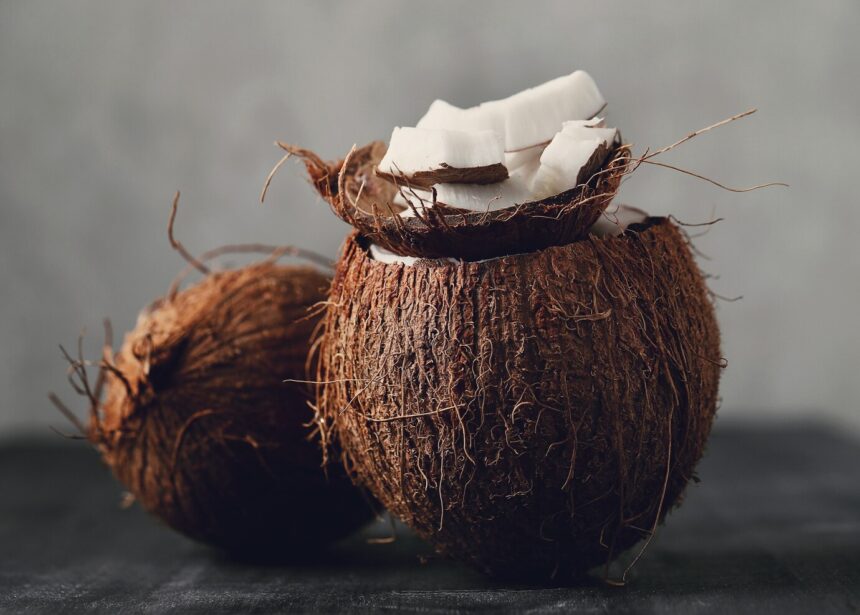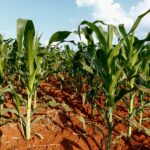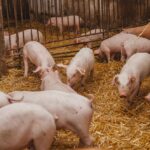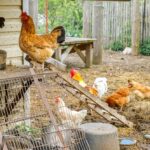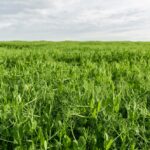When growing coconuts in South Africa, there are several infections and diseases that you should watch out for. Here are some of the common ones:
- Coconut lethal yellowing disease:
This is a devastating disease caused by a phytoplasma, a type of bacteria-like organism. It affects the coconut palms and leads to the yellowing and death of the tree. There is no known cure for this disease, so prevention and control measures are crucial. - Bud rot:
Bud rot is caused by a fungus called Phytophthora palmivora. It primarily affects the developing fronds and the central growing point of the coconut palm. The affected areas turn brown, rot, and eventually die. Proper sanitation and cultural practices, such as avoiding overwatering and improving drainage, can help prevent bud rot. - Basal stem rot:
Basal stem rot is caused by a fungus called Ganoderma boninense. It attacks the lower part of the coconut palm trunk, leading to the decay and collapse of the tree. This disease is difficult to manage once established, and prevention is key. Avoid planting coconut palms in areas with a history of basal stem rot and practice good cultural practices to promote tree health. - Coconut scale insects:
Scale insects are common pests that can infest coconut palms. They feed on the sap of the tree, weakening it and making it more susceptible to diseases. Regular inspection and control measures such as pruning affected fronds and using appropriate insecticides can help manage scale insects. - Fusarium wilt:
Fusarium wilt is caused by the fungus Fusarium oxysporum. It affects the vascular system of coconut palms, leading to yellowing, wilting, and eventually death of the tree. There are no effective treatments for this disease, so prevention is crucial. Planting disease-resistant coconut varieties and maintaining proper soil health can help reduce the risk of fusarium wilt.
It’s important to note that South Africa’s climate may not be suitable for commercial coconut cultivation due to temperature and moisture requirements. While some areas with favorable microclimates can support coconut growth, it’s advisable to consult with local agricultural experts or extension services to assess the feasibility and recommended practices for coconut cultivation in your specific region.
Join 'Farmers Mag' WhatsApp Channel
Get the latest Farming news and tips delivered straight to your WhatsApp
CLICK HERE TO JOIN
